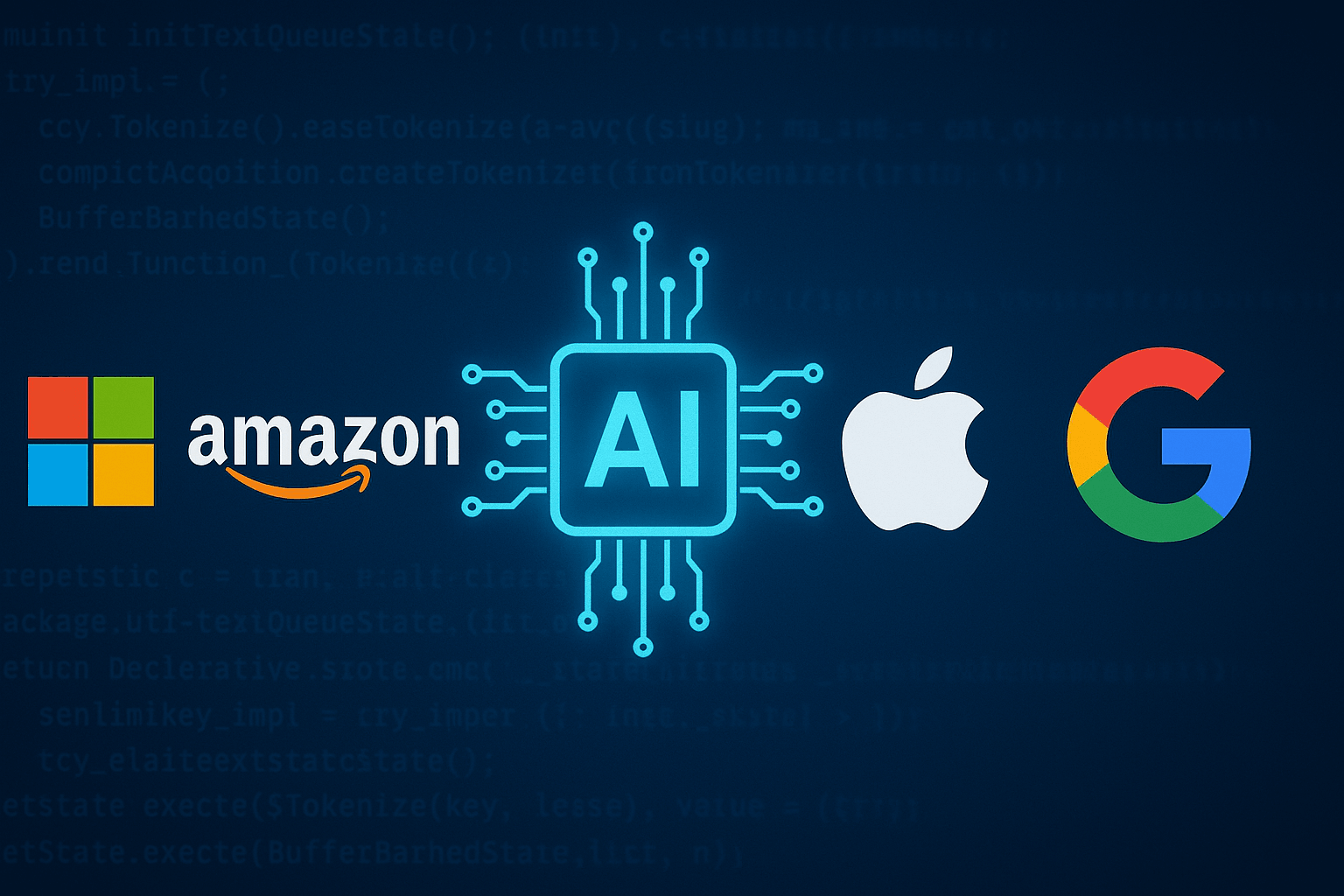Tesla Restarts Dojo3 AI Supercomputer Project as AI5 Chip Design Nears Completion
Tesla hitting “restart” on its Dojo supercomputer project isn’t just a random engineering update — it’s another sign that Elon Musk still wants Tesla to own as much of its AI stack as possible, even...
